Consumer behavior is a complex and fascinating field of study that aims to understand how individuals make purchasing decisions. One crucial factor that significantly influences consumer behavior is culture.
Culture plays a pivotal role in shaping people’s attitudes, values, beliefs, and behaviors. In this article, we will delve into the concept of culture in consumer behavior, exploring its definition, components, and its impact on consumer choices.
By understanding the influence of culture, marketers can create effective strategies to reach their target audience and tailor their offerings accordingly.
What Is Culture in Consumer Behaviour?
Culture, in the context of consumer behavior, refers to the shared beliefs, values, norms, customs, and practices that characterize a particular group of people. It encompasses everything from language, religion, and social structure to food preferences, fashion, and leisure activities.
Culture is a learned behavior, acquired through socialization and interaction within a specific society or community. Culture shapes an individual’s perception of the world, influencing their attitudes, opinions, and behaviors. It acts as a lens through which people interpret and make sense of their environment, including products, services, and brands.
Understanding cultural influences is crucial for businesses aiming to connect with their target consumers effectively.

Drive Smarter Business Decisions with Kentrix – Learn More Now!
The Components of Culture
Culture comprises several key components that collectively shape consumer behavior. Let’s explore these components in detail:
1. Values and Beliefs
Values are deeply ingrained principles and standards that guide individuals’ behavior and judgments. They are abstract ideas about what is desirable and worth pursuing. Beliefs, on the other hand, are specific thoughts or convictions held by individuals.
Both values and beliefs play a significant role in shaping consumer choices. For example, in some cultures, sustainability and environmental consciousness are highly valued, leading consumers to prefer eco-friendly products.
2. Rituals and Traditions
Rituals and traditions are symbolic behaviors that hold cultural significance. They often involve repetitive actions performed on specific occasions or events. These practices have a profound impact on consumer behavior, influencing purchase decisions and consumption patterns. For instance, during certain festivals or holidays, consumers engage in gift-giving traditions, leading to increased sales of related products.
3. Language and Communication
Language is a vital aspect of culture as it facilitates communication and expression of ideas. Different languages have unique linguistic nuances and cultural connotations. Marketers need to consider language variations while crafting their messages to ensure effective communication and avoid misunderstandings or cultural faux pas.
4. Social Structure
Social structure refers to the organization of a society, including its social classes, roles, and relationships. Consumer behavior is significantly influenced by social structure, as individuals’ choices are often guided by their social status, aspirations, and reference groups.
Understanding the social dynamics within a culture helps marketers tailor their marketing efforts accordingly.
5. Symbols and Icons
Symbols and icons are visual representations that carry cultural meanings and associations. They can be logos, colors, gestures, or images that hold significance within a specific culture. Businesses leverage symbols and icons to create brand recognition and establish emotional connections with consumers.

Unlock Consumer Insights with Kentrix – Click to Discover!
How Does Culture Influence Consumer Behavior?
Culture exerts a profound influence on consumer behavior through various mechanisms. Let’s explore some ways in which culture shapes consumers’ choices:
1. Perception and Interpretation
Culture shapes the way individuals perceive and interpret information. It influences their cognitive processes, including attention, memory, and comprehension. For example, cultural norms and values can affect how consumers perceive advertisements, products, and pricing. Understanding these cultural nuances helps marketers develop targeted and culturally sensitive campaigns.
2. Attitudes and Preferences
Culture plays a pivotal role in shaping consumers’ attitudes and preferences. It influences their likes, dislikes, and overall evaluation of products and brands. Cultural values, social norms, and traditions often dictate what is considered acceptable or desirable within a particular society.
Marketers who align their offerings with these cultural preferences are more likely to resonate with their target audience.
3. Buying Behavior and Decision-Making
Culture significantly influences consumers’ buying behavior and decision-making processes. Factors such as individualism versus collectivism, risk aversion, and the importance of social validation vary across cultures and impact consumer choices. Understanding these cultural differences helps marketers tailor their marketing strategies to appeal to specific cultural segments effectively.
4. Consumer Identity and Self-Expression
Culture shapes individuals’ sense of identity and self-expression. Consumers often seek products and brands that align with their cultural identity or allow them to express certain values or affiliations.
By understanding the cultural significance attached to certain products, marketers can create meaningful connections with their target consumers.
READ THIS : How Data Analytics is Revolutionizing Market Entry Strategy for Online Pharmaceutical Retail
FAQs
1. What role does culture play in consumer behavior?
Culture plays a central role in influencing consumer behavior. It shapes individuals’ attitudes, beliefs, values, and preferences, ultimately guiding their purchasing decisions.
2. How does culture impact marketing strategies?
Culture influences marketing strategies by shaping consumers’ perception, preferences, and decision-making processes. Understanding cultural nuances helps marketers tailor their messages, offerings, and promotional efforts to resonate with their target audience.
3. Can culture vary within a single country?
Yes, culture can vary within a single country due to regional, ethnic, or religious differences. It is essential for marketers to consider these cultural variations when developing marketing strategies for specific regions or target segments.
4. How can marketers leverage culture to connect with consumers?
Marketers can leverage culture by understanding the cultural values, beliefs, and preferences of their target audience. By aligning their offerings and messaging with cultural nuances, they can establish a meaningful connection and build trust with consumers.
5. Is culture a static or dynamic phenomenon?
Culture is a dynamic phenomenon that evolves and changes over time. It is influenced by various factors such as globalization, technology, and social trends. Marketers need to stay attuned to these cultural shifts to adapt their strategies accordingly.
6. How can businesses ensure cultural sensitivity in their marketing efforts?
To ensure cultural sensitivity, businesses should invest in cultural research, engage with local communities, and collaborate with cultural consultants if needed. They should also be open to feedback and adapt their strategies based on cultural insights and consumer responses.
Conclusion
Culture is a powerful force that significantly influences consumer behavior. By understanding the role of culture in shaping attitudes, preferences, and decision-making processes, marketers can develop effective strategies to connect with their target audience.
Cultural sensitivity and adaptability are crucial in today’s globalized marketplace. By embracing cultural diversity and tailoring their offerings to specific cultural segments, businesses can build strong relationships, foster trust, and achieve long-term success.
Read More,
Identifying Customer Profiles through new trends in Market Research


